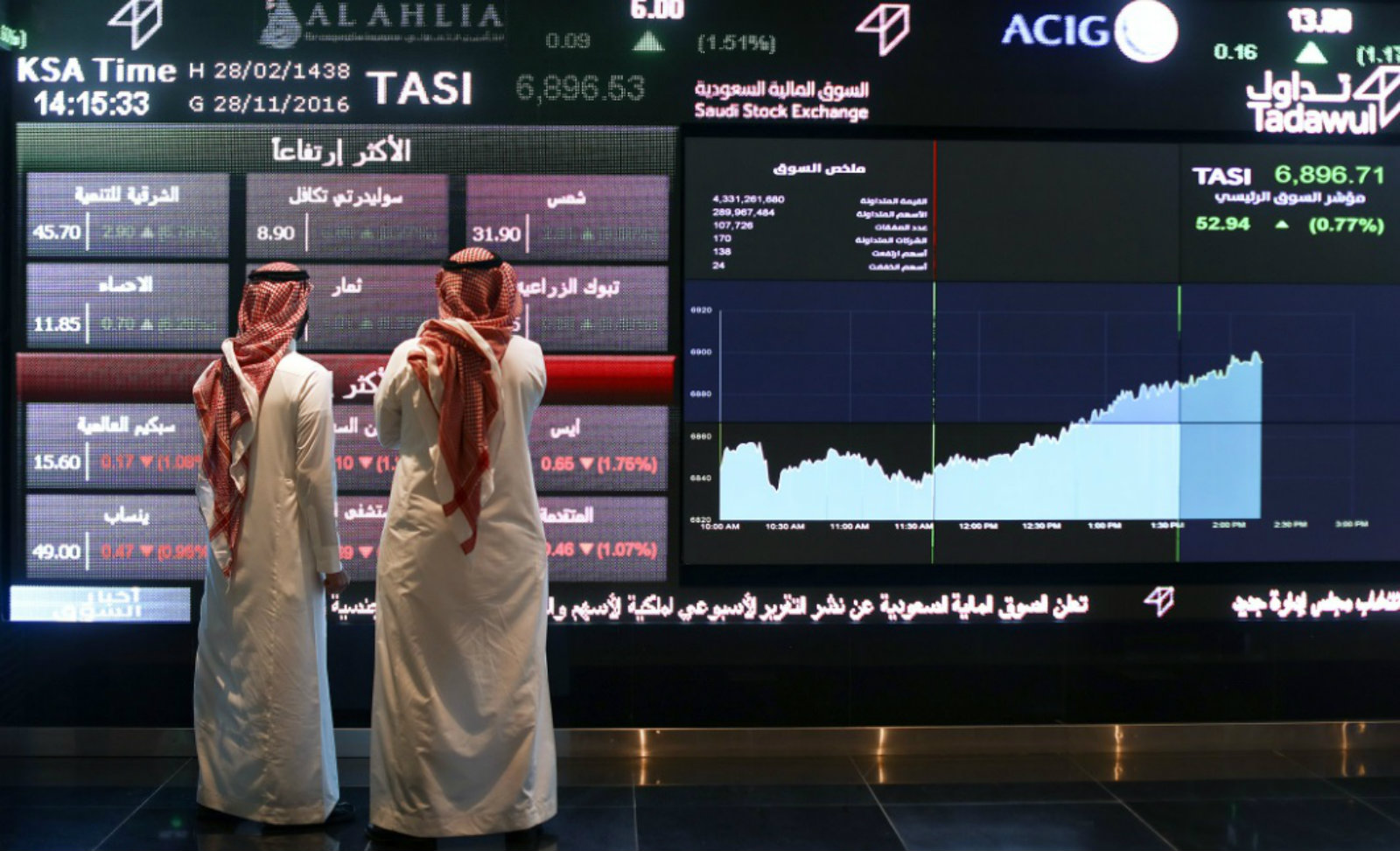Reliance on indexes will delay much-needed economic reform in GCC countries

CONTRARIAN VIEW- GCC index upgrades benefit nobody in the long term: Reliance on indexes will delay much-needed economic reform in GCC countries, Karen Young writes for Bloomberg. Saudi Arabia, Qatar, Bahrain, the UAE and Kuwait are all set to join emerging market indexes this year, a process which open the floodgates for investment to pour into Gulf markets. And while the inflows will have benefits, they are no substitute for organic economic growth, she says.
An inhibitor of sustainable growth: Access to easy money via indexes may incentivize states to hold-off on undertaking the kind of deeper structural reforms necessary to foster local private sector growth. Entrepreneurs and young businesses will struggle to compete against the state-backed behemoths, while real political and economic reforms are kicked into the long grass. “Rather than passive inflows, governments need to kick-start direct investment from both foreign and local sources by getting serious about reforms that support new business creation and provide jobs,” Young writes.
Investor risk will increase: Investments will become increasingly susceptible to volatility in the oil markets as energy-dependent Gulf states are included in EM indexes. This is compounded by the fact that GCC debt has risen to account for 30% of all bond issuances in the emerging markets. What’s more, investors are unlikely to take heed and will continue to be “blindly-led by indexes,” she concludes.